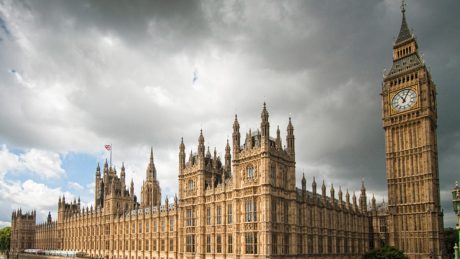MPs debated the proposed “failure to prevent” amendment to the Financial Services Bill on 13 January 2020. However, the vote on the amendment was abandoned, putting further reforms on hold. This article examines why the amendment is required and whether it is likely to become law.
The “failure to prevent” amendment to the Financial Services Bill would introduce a new criminal offence holding individuals, corporates, and their directors to account for either facilitating or failing to prevent economic crime. As drafted the offence would apply to individuals and corporates “authorised by or registered with the Financial Conduct Authority”. It would cover fraud, false accounting, any offence under the Proceeds of Crime Act 2002, tax evasion, insider dealing and providing false or misleading financial statements and impressions under the Financial Services Act 2012.
Speaking in Parliament, Dame Margaret Hodge said of the amendment: “Britain has prided itself on honesty and integrity in financial services, but government’s actions and inactions have let corruption flourish. The National Crime Agency estimates that £100bn is laundered through the UK annually. The banks and those who run them often get away scot-free. This new amendment gives law enforcement a powerful tool in fighting money laundering and fraud. The argument is overwhelming, everyone agrees existing powers are weak and ineffective.”
Dame Hodge brought up the Standard Chartered scandal, highlighting that although most of the “outrageous behaviour took place in the UK”, most of the fines were in the US. In 2019, US authorities issued $1.67bn in fines for financial crimes, with the UK authorities taking less than £300m.
The Serious Fraud Office director, Lisa Osofsky, has previously stated that a failure to prevent corporate liability reform is top of her wish list. Speaking before the House of Lords Bribery Act 2010 Committee in November 2018, Osofsky pushed heavily for the adoption of the US principles of vicarious liability in the UK. Osofsky’s position was that not only did it add an important tool to the prosecuting authorities’ arsenal, but it also incentivised corporates to “do the right thing and get the right procedures in place”.
The matter now rests with the Law Commission, which was tasked by the government in November 2020 to investigate the laws around corporate criminal liability and provide options to reform them. Review on this matter has some way to go. With the Law Commission’s options paper not due until late 2021, any legislative reform is unlikely to take place before 2023, at the earliest.
Advocates of the proposed amendment had hoped that the introduction of further failure to prevent offences would immediately address clear gaps in the law.
You can find further information regarding our expertise, experience and team on our Financial Crime page.
If you require assistance from our team, please contact us or alternatively request a call back from one of our lawyers by submitting this form.
Subscribe – In order to receive our news straight to your inbox, subscribe here. Our newsletters are sent no more than once a month.




